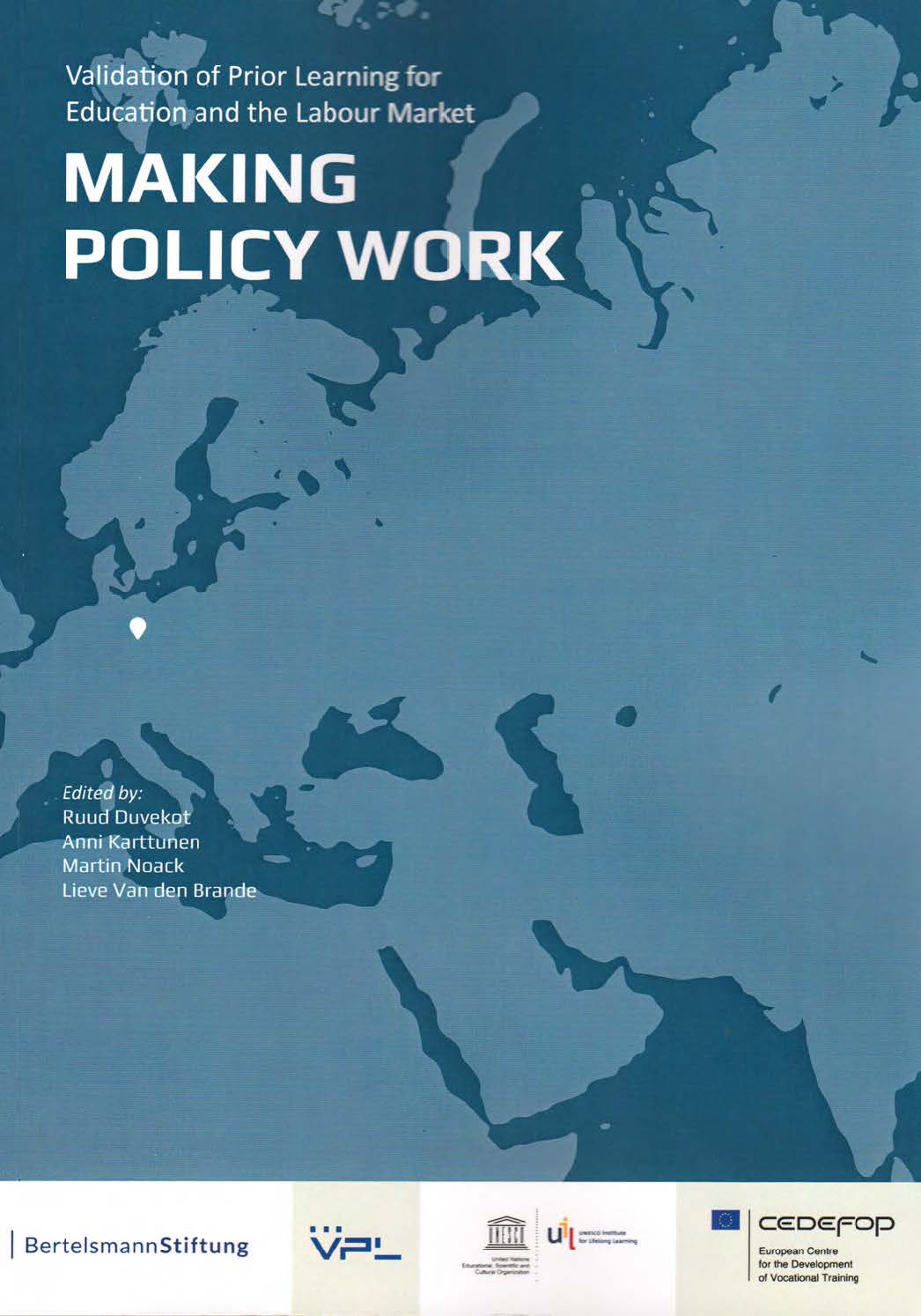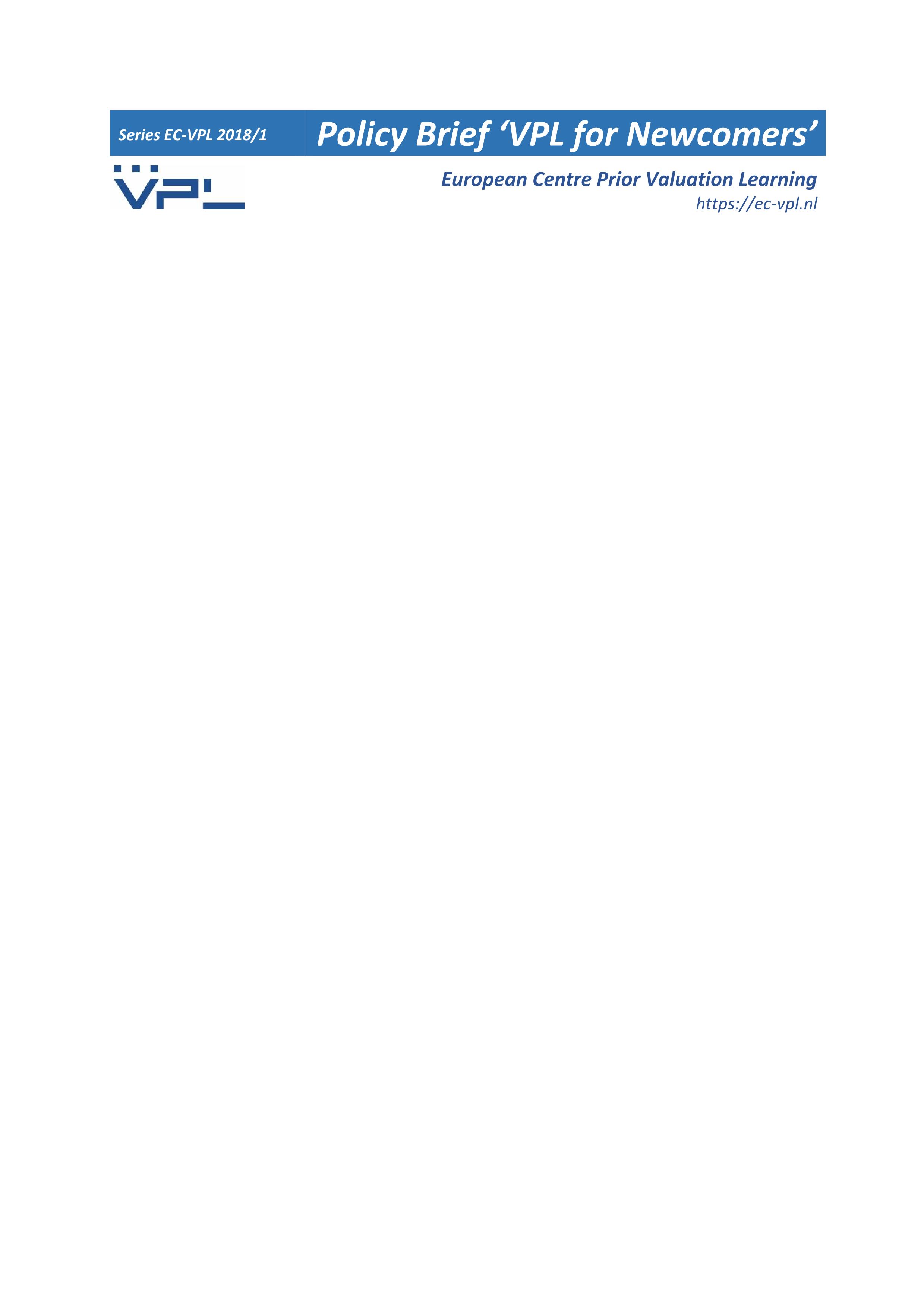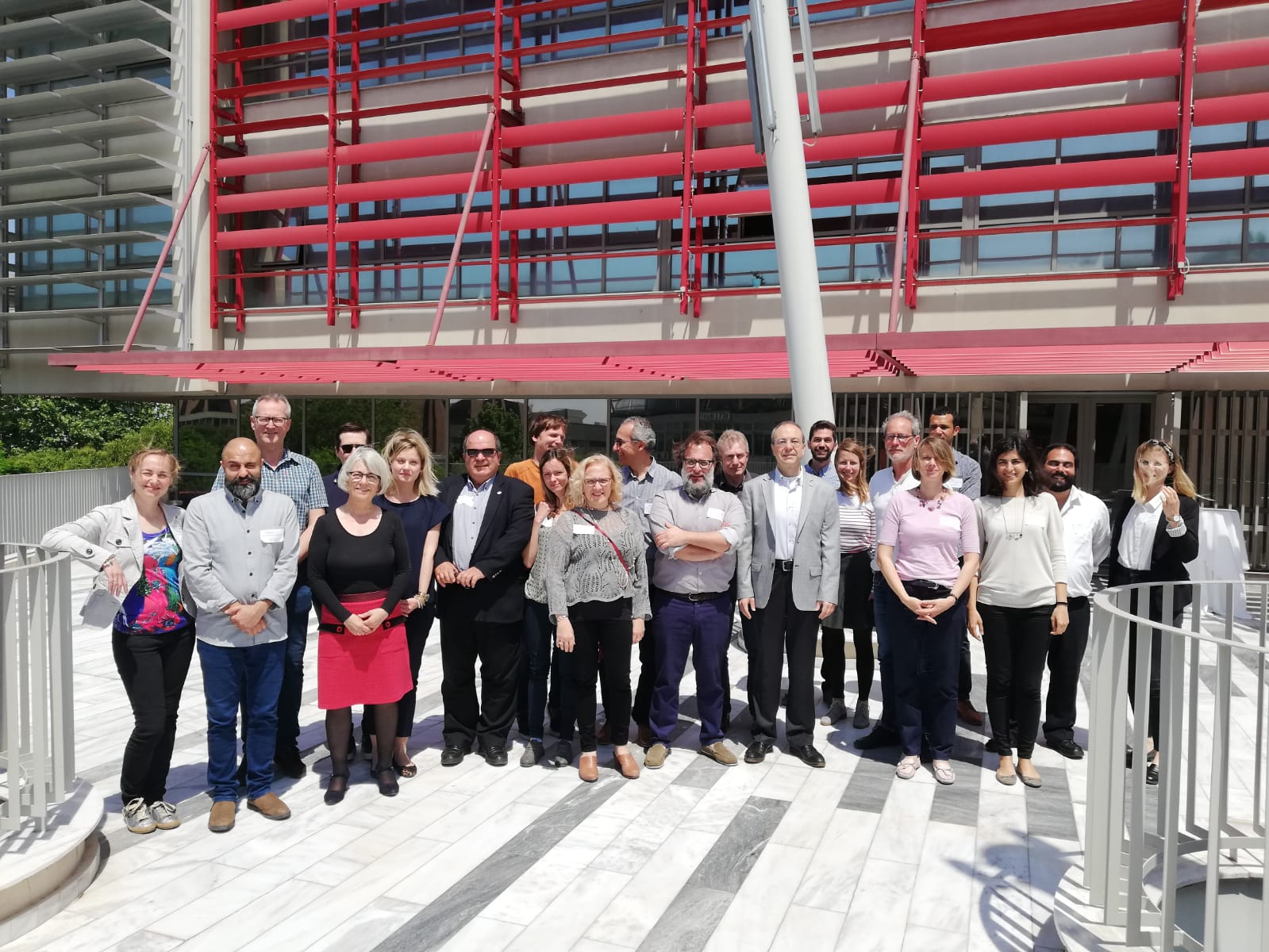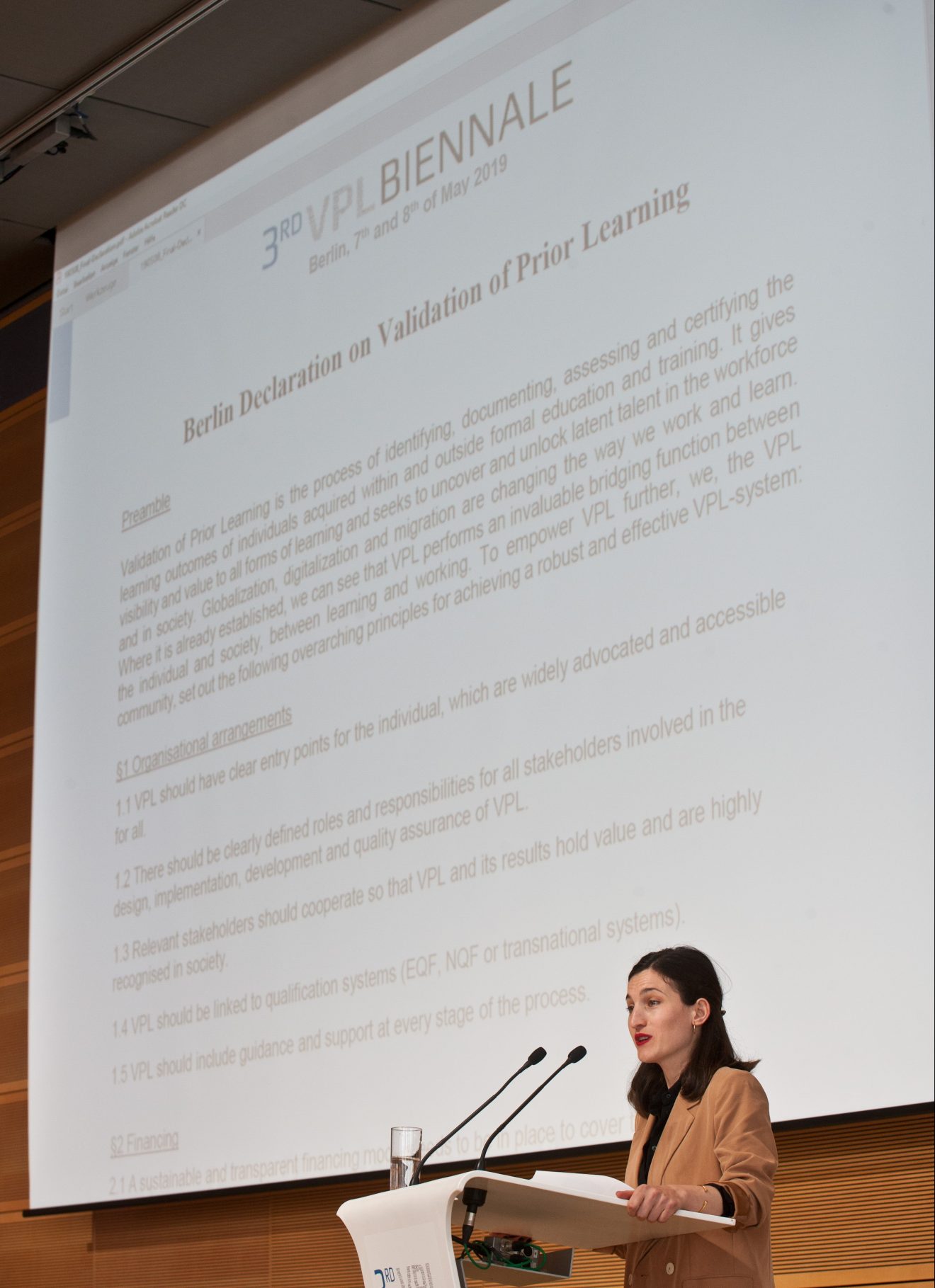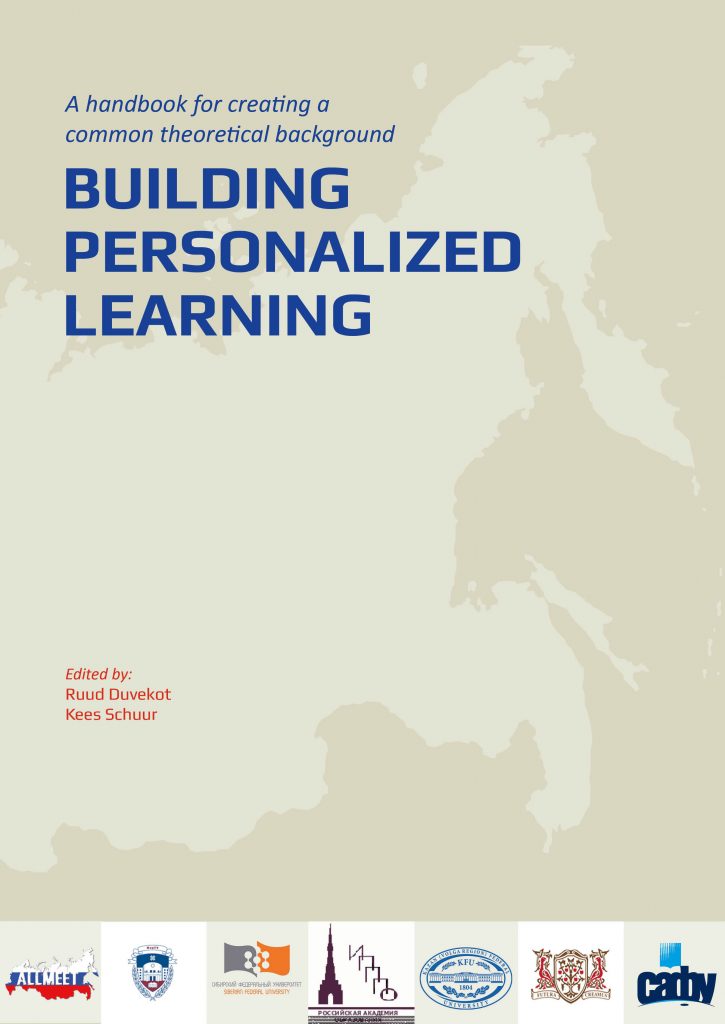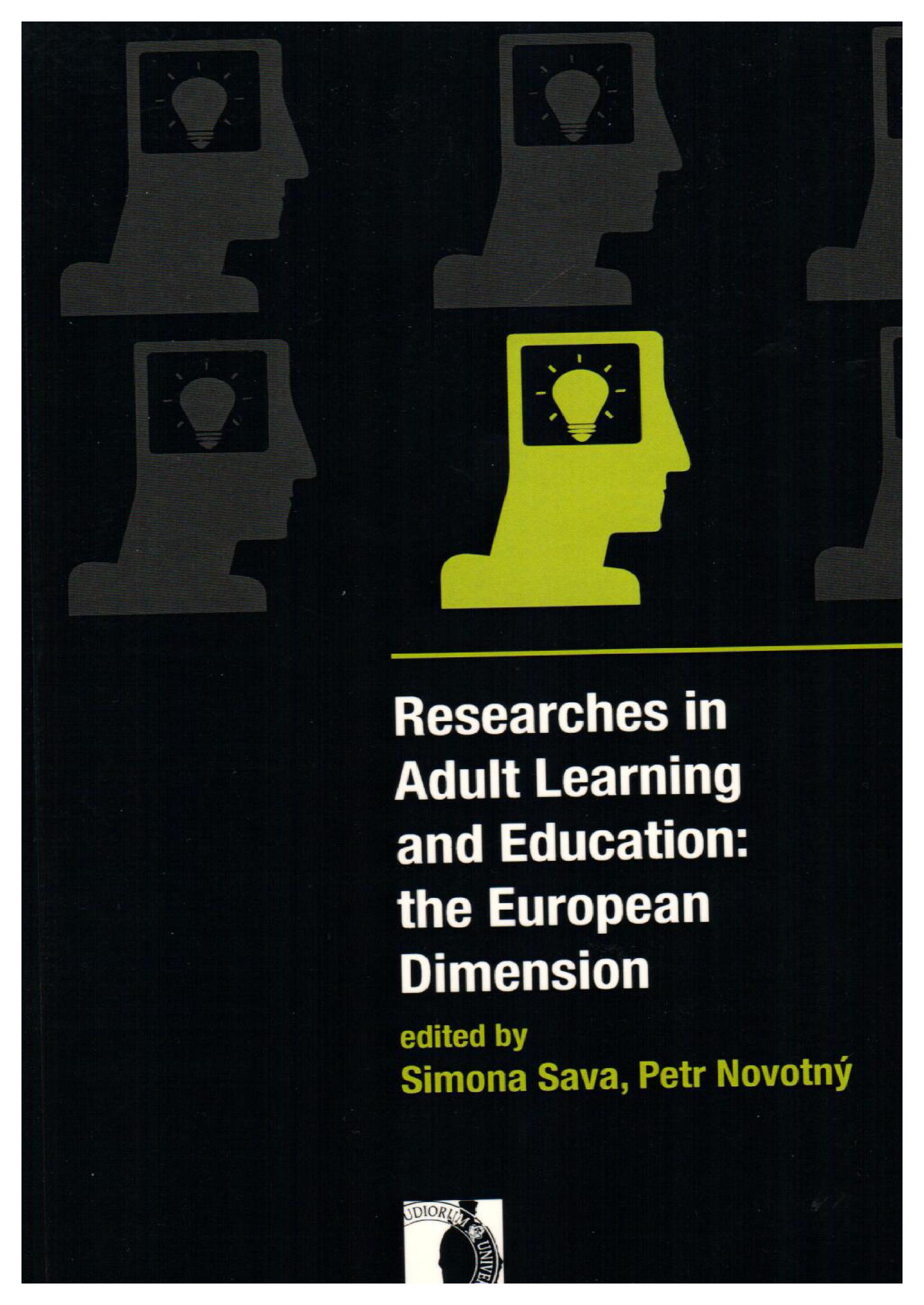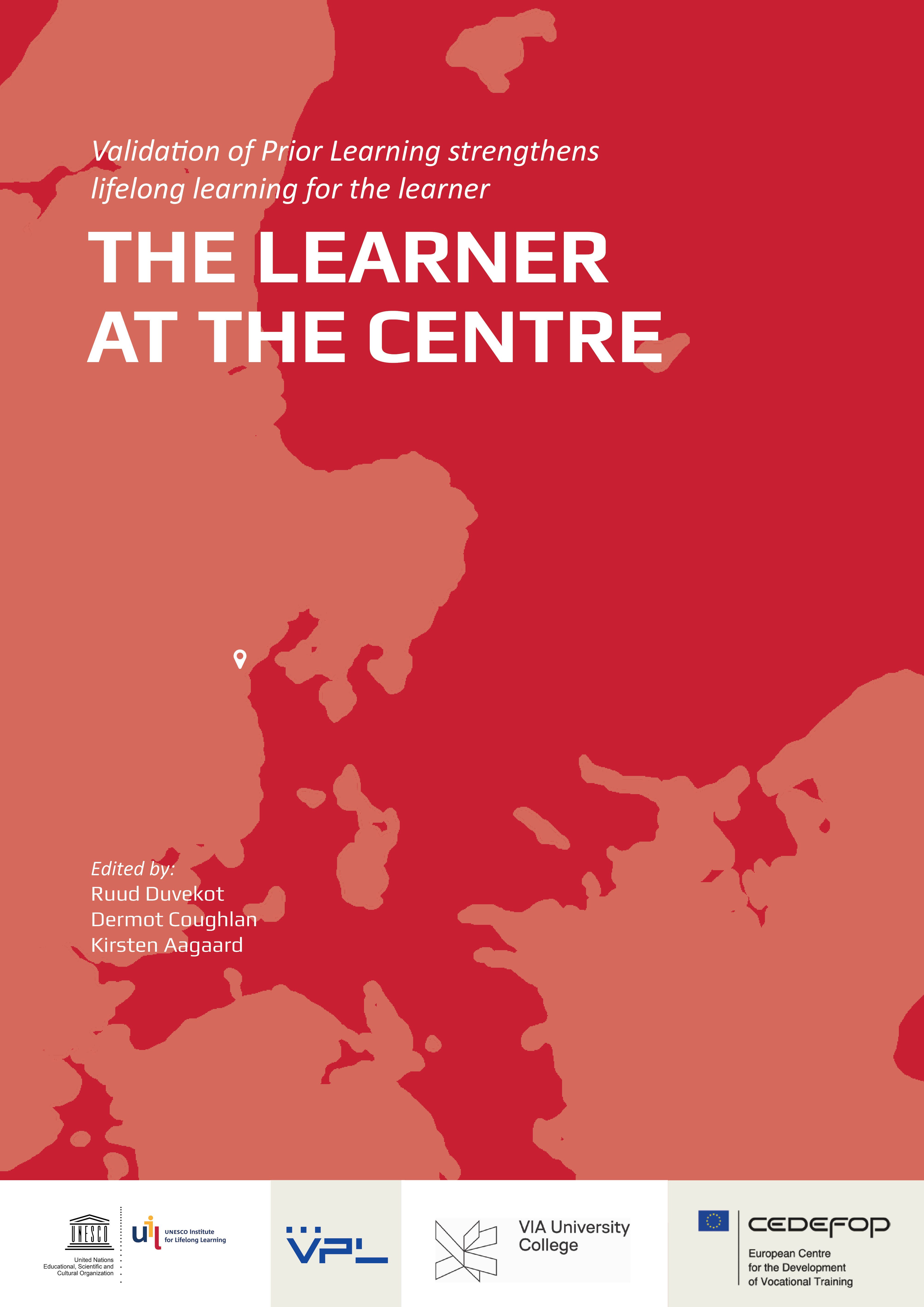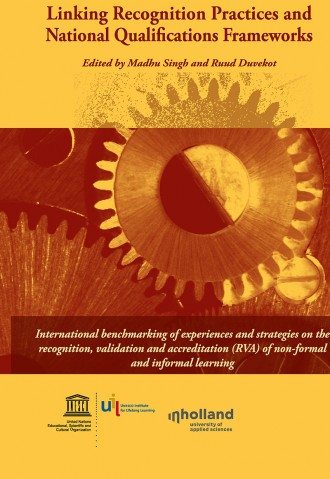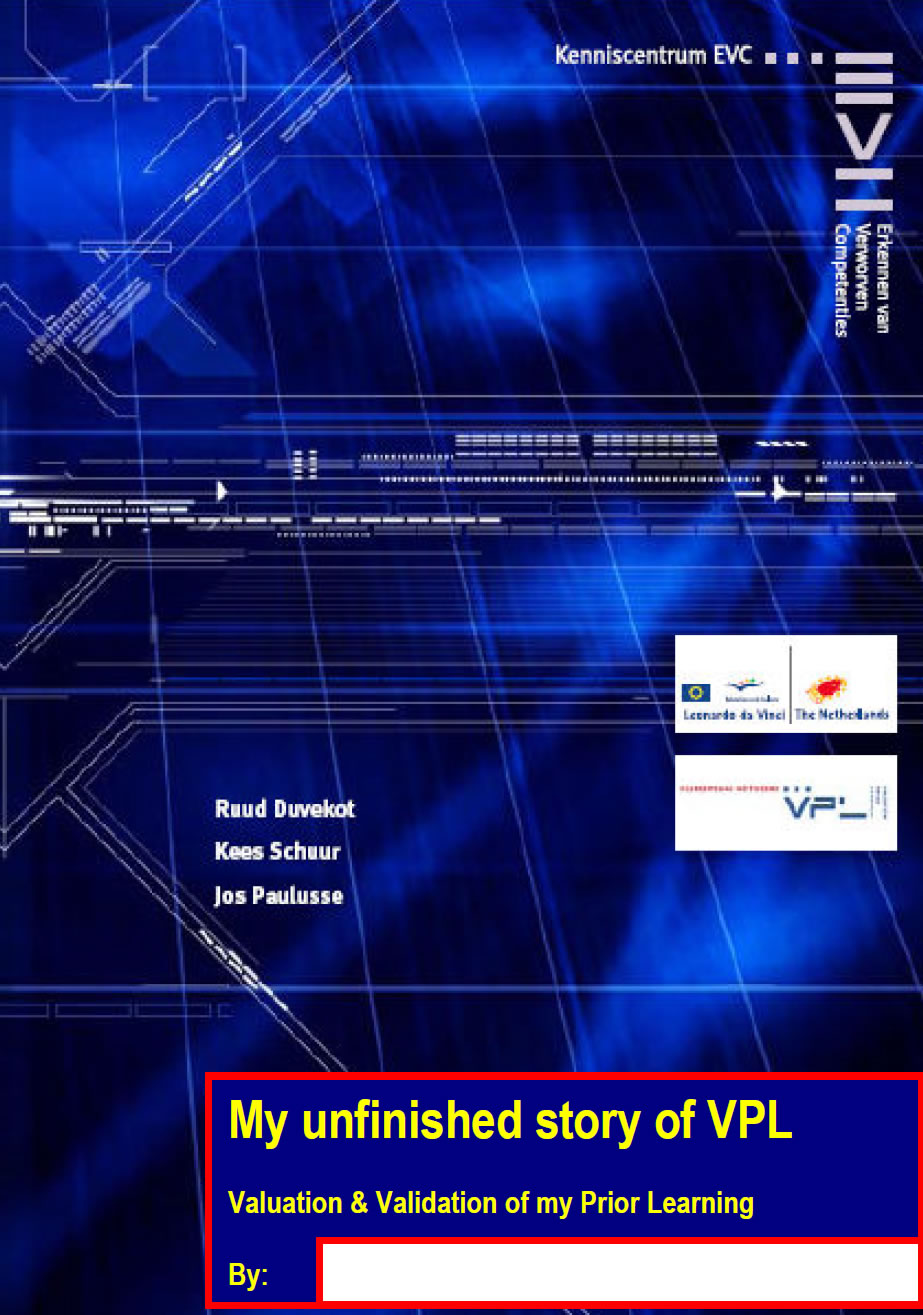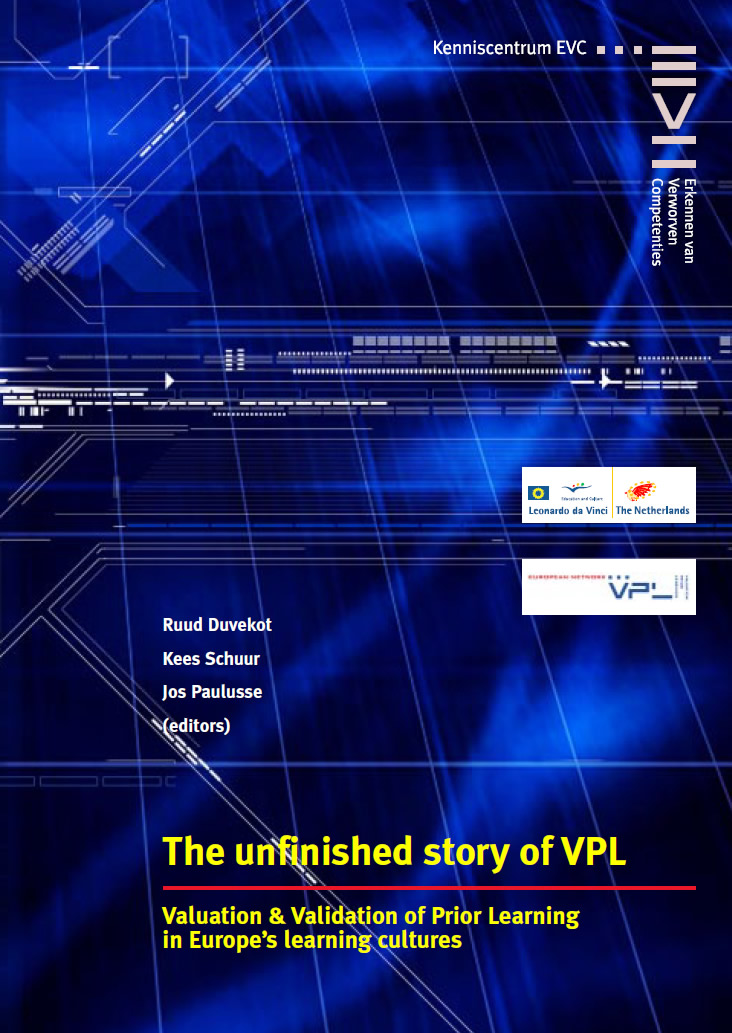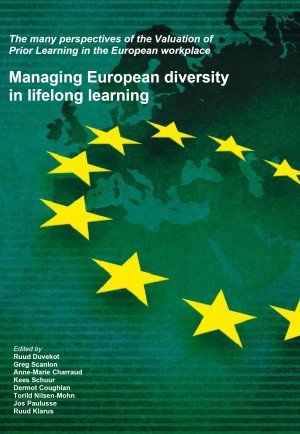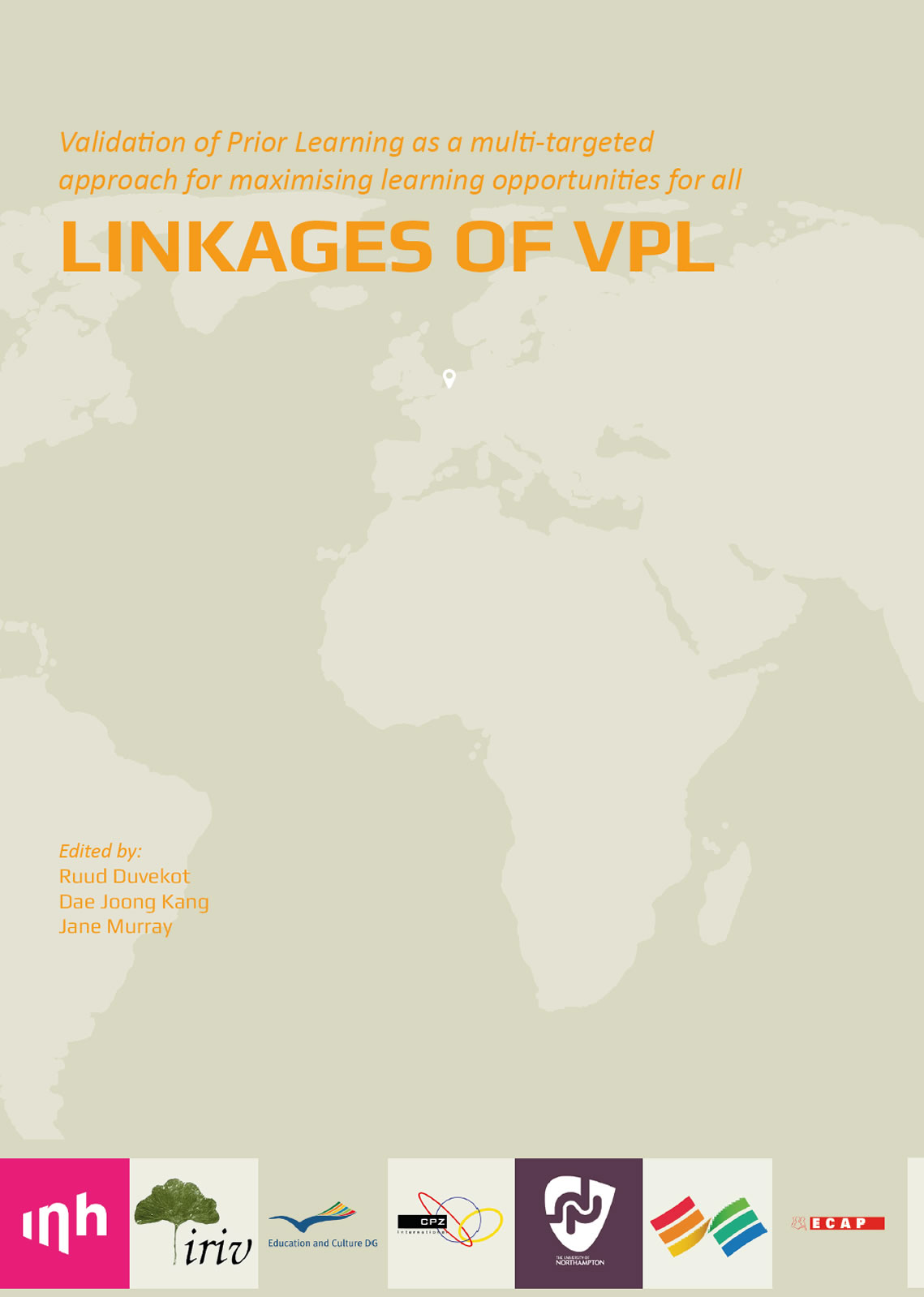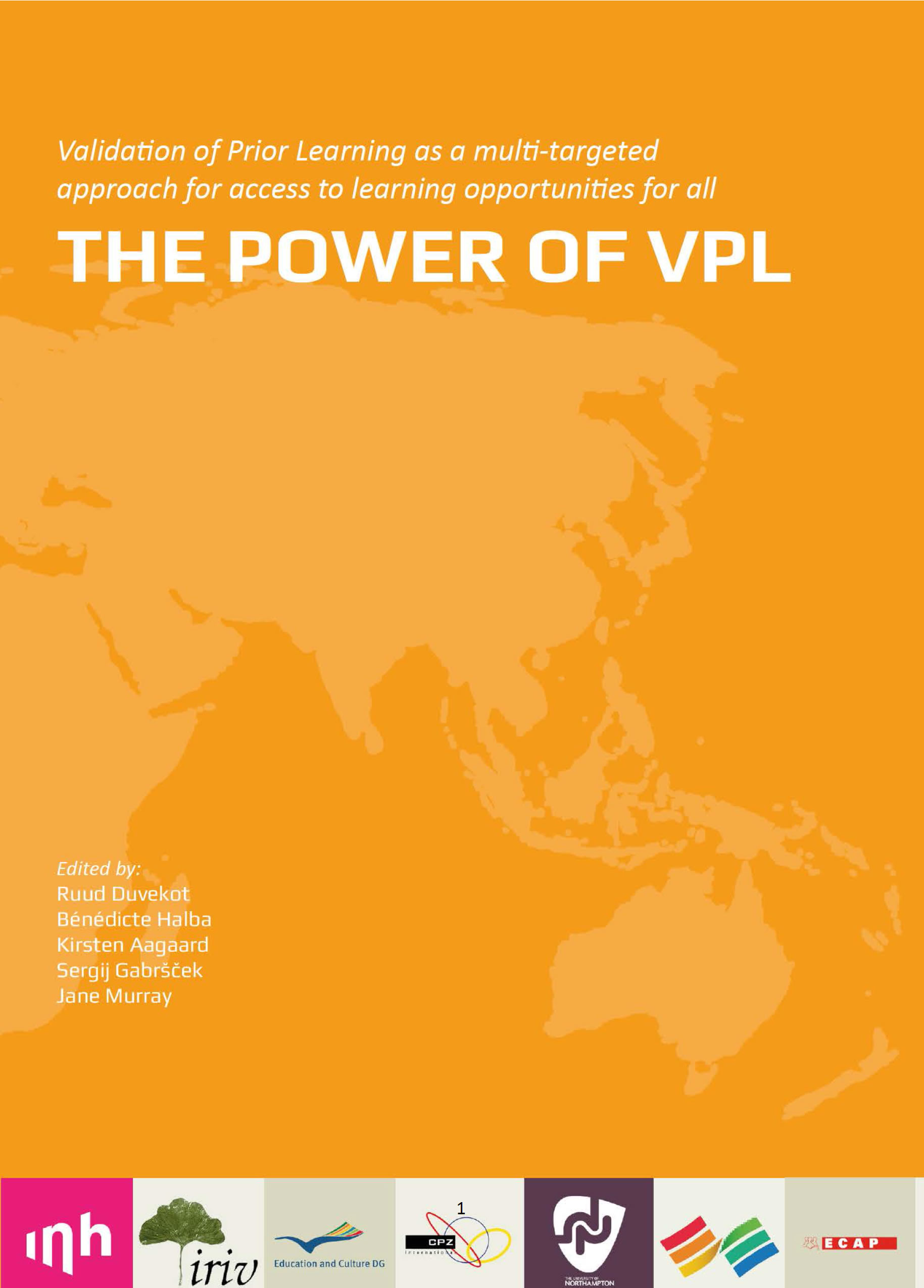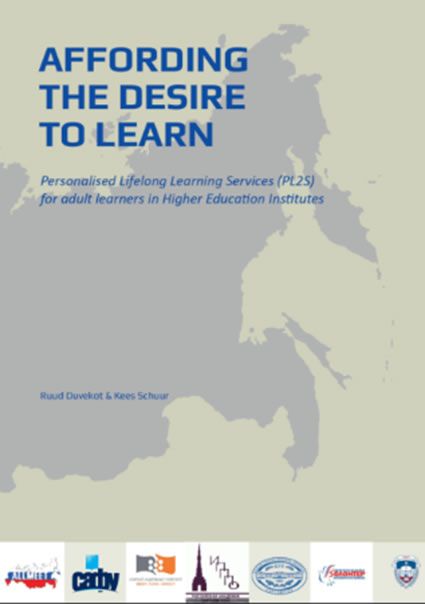This seventh volume of the Series VPL Biennale reports on relevant experiences as well as good practices and good policies presented at the 3rd VPL Biennale. It provides more insight in the many ways learners have at their disposal when it comes to making use of their personal learning experiences.
This Policy Brief 2018-1 looks at the systematics of Validating Prior Learning (VPL), its importance to the recognition and utilization of human capital and – especially - how higher education institutes (HEIs) can strengthen the participation of the human capital of refugees and migrants ('newcomers') in their new country.
This paper looks at the impact of Validation of Non-formal and Informal Learning (VNIL) [= VPL] when implemented by higher education institutes (HEIs) for the sake of inclusion of refugees and migrants in their new country. The basis for this paper is a case-study analysis for the Erasmus+ project VINCE on the transition of refugees and migrants to new careers in their new country. This analysis takes two forms: a country-analysis of the prevailing VNIL-process in HEIs and a qualitative analysis of 43 in-depth case studies of ‘newcomers’ or migrants and refugees.
Validation of Prior Learning is the process of identifying, documenting, assessing and certifying the learning outcomes of individuals acquired within and outside formal education and training. It gives visibility and value to all forms of learning and seeks to uncover and unlock latent talent in the workforce and in society. Globalization, digitalization and migration are changing the way we work and learn. Where it is already established, we can see that VPL performs an invaluable bridging function between the individual and society, between learning and working. To empower VPL further, the VPL community, set out the a set of overarching principles for achieving a robust and effective VPL-system. These principles are listed in the Berlin Declaration 2019 on VPL.
Learning is more than ever important and valuable; people are encouraged to invest in their potential throughout their lives, taking into account their prior learning. In this respect, it is vital to dynamize ‘the learning ground’ by transmitting both learning
responsibilities as well as learning opportunities to all people. These learning needs not only focus on qualifications and certification but also on valuing of all learning in itself as a motor for personal development and empowerment. This brings about a need for personalizing learning since all learning in the context of the present ‘learning society’ always starts with the learner.
LEVER UP competence tool
"Researches in Adult Learning" is a book about the growing importance of adult lifelong learning. This book represents several European contributions that guide the reader in the comprehension of the paradigm shift towards adult (lifelong) learning.
The Validation of Prior Learning (VPL) is more and more embedded in the primary processes of learning and working. VPL is a stimulus and ‘guide’ for sustainable personal development, in both processes. Moreover, it is aiming at creating shared ownership of citizens and organisations concerning their competency-based development.
If learning involves all of one’s life, in the sense of both time-span and diversity, and all of society, including its social and economic as well as its educational resources, then we must go even further than the necessary overhaul of educational systems until we reach the stage of a learning society. For these are the challenges education will be facing in the future. (Faure et al., 1972)
In this booklet, a general process model in 10 steps is proposed for the use of VPL by individuals, in spite of their characteristics or objectives. It is the intention to initiate a discussion and develop a consciousness at the level of the individual. It is crucial to understand that this model indicates a way to adapt the VPL-process to the goals and needs of the individual, in spite of the area (private life, voluntary work, paid work, education) where the competences have been developed or will be applied and irrespectively the way the learning and the recognition takes place (formal, non-formal and informal).
With this book we hope to show the existence of a strong foundation for establishing a more customer-oriented approach in learning and working; the goal is to empower individuals by offering learning made to measure, using a VPL-approach. In other words, a personal strategy for lifelong learning. This book tries to catch a glimpse of this nearby future.
Therefore, implementation of VPL is still an unfinished story!
More than 200 case studies were analysed in 11 European countries representing the main European learning cultures: Czech Republic, Cyprus, France, Germany, Ireland, Italy, Lithuania, The Netherlands, Norway, Switzerland and the United Kingdom. The analysis showed that this goal was served by working both top-down as well as bottom-up. The bottom-up approach made the specific needs for lifelong learning on the labour market in different sectors visible. The ‘top-down’ data showed the various services national and sectoral learning systems are already offering to or designing for the potential users, for example the modern, lifelong learning workers.
The book ‘Linkages of VPL’ is both a result of the project ALLinHE as well as an agenda for further exploring and paving the way for VPL, not only in higher education but also in other qualification-levels and – even better – in contexts of work, volunteering, citizenship, inclusion activities and leisure. With this book, the aim is to show that lifelong learning is possible in any context, country and culture, and that there are always shared elements that make it possible to make a manageable tool for lifelong learning out of the methodology of VPL.
The book ‘The Power of VPL’ is both result of the project ALLinHE as well as an agenda for further exploring and paving the way for VPL, not only in higher education but also in other qualification-levels and – even better – in contexts of work, volunteering, citizenship, inclusion-activities and leisure.
‘Affording the Desire to Learn’ aims at filling in the need to articulate and ground the features of personalised learning in higher education. Special attention is given to strengthening the dialogue between the adult learner and her/his learning history with the teacher or trainer in higher education on the design, implementation and validation of the learning that is needed to reach out to the individual learning objectives.
This is the second book on personalising learning for the ALLMEET-project. The project ALLMEET - agreement number – 2013 – 5032/001 – 001 - is carried out with the financial support of the TEMPUS programme of the European Commission.

